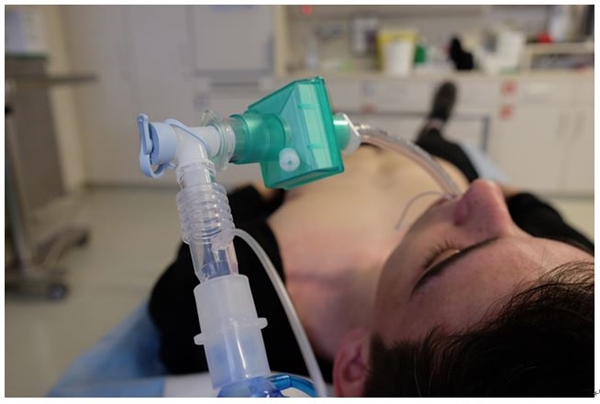 |
During the COVID-19 pandemic, organ donation and transplantation have significantly decreased. The risk of potential infection during organ procurement is one issue, but there is a larger ethical issue regarding the allocation of scarce hospital resources at hand.
Currently, hospitals face difficulty with critical care resource shortages and rationing. Because the resources needed to facilitate organ procurement after brain death, such as ICU beds and ventilators, are limited, donor candidates and transplant recipients are competing for access to the same resources as other hospital patients, namely patients with COVID-19.
One crucial problem to address is the expected outcome and benefit of the allocated resources. For example, if only one ICU bed and a set of medical resources are available, the ethical dilemma would be to provide them to a living patient or a brain-dead patient. The resources could benefit a single patient with COVID-19 in respiratory failure by providing intubation. However, the resources could keep a brain-dead donor intubated to save the lives of several recipients, leading to an overall greater benefit.
 |
| 사진 출처: https://www.needpix.com/photo/download/1706574/emergency-medicine-artificial-respiration-medical-intubation-capnography-shock-room-free-pictures-free-photos-free-images |
Another critical problem concerns hospitals’ ethical obligations to care for patients that seek medical care in their facilities while also aiding in organ donation and transplantation as requested by decreased patients. Hospitals must consider their duties in respecting the donors’ values and assessing the benefits received by the recipients of the organs. Additionally, suppose organ donation and transplantation are conducted at different sites. In that case, hospitals must consider benefitting another hospital’s patient at the expense of not helping the hospital’s patients. Thus, some critics claim that hospitals should be obligated to prioritize their patients than any other potential benefit resulting from organ donation.
As the second wave of COVID-19 is emerging, further analysis and guidance are necessary so that hospitals can make ethical decisions on resource allocation for organ donations during the COVID-19 pandemic.
안다인 강남포스트 webmaster@ignnews.kr
<저작권자 © 강남포스트, 무단 전재 및 재배포 금지>

 (재)강남문화재단, 타 기관과 교류·협력 협약 체결 활발
(재)강남문화재단, 타 기관과 교류·협력 협약 체결 활발


